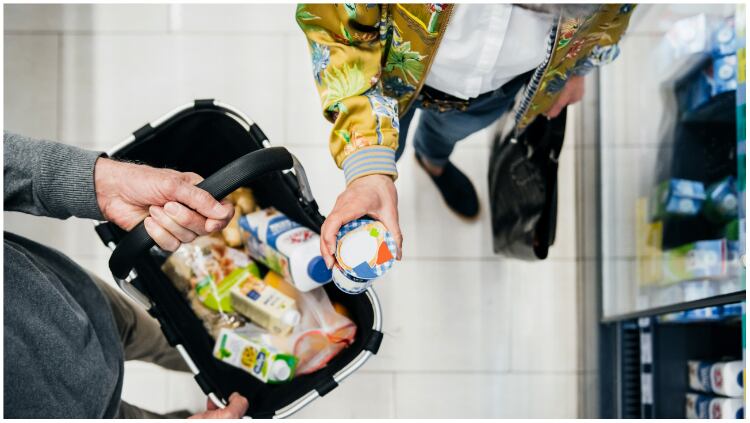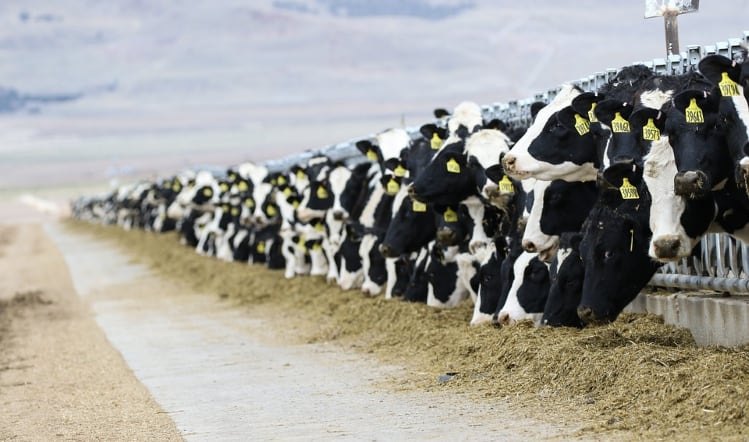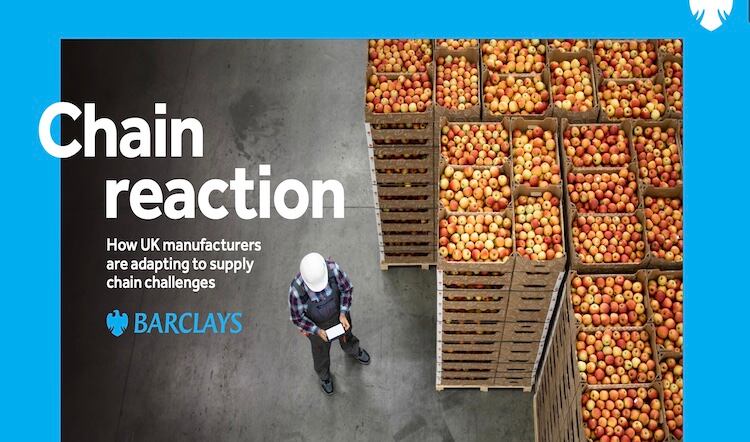As many as 53% of European consumers are extremely concerned over food shortages, research reveals.
Among the 5,000 consumers surveyed across the 10 European countries, 55% believe the war between Ukraine and Russia and ensuing economic and supply chain effects have made food production more vulnerable. While 54% consider the war to be the main reason for rising food prices.
The research ‘Changes in food behaviour in times of crisis’, which was led by Aarhus University in Denmark and supported by EIT Food, is a follow-up to a study conducted in 2020. The previous research showed that Covid-19 lockdown measures may have resulted in lasting behavioural changes in relation to food consumption.
Since the last study, the impact of inflation has been keenly felt, with shoppers observing sharp price hikes for most food categories. The biggest rise according to the consumers are in animal products, with 55% of those surveyed suggesting they’ve witnessed a significant increase in red meat, 52% in fish and 51% in dairy.
Notably, 48% said they believed war has enabled food retailers and manufacturers to make profit.
Mindful choices: European consumers are buying less or switching brands
In response to increased prices, consumers are buying less and looking to cheaper brands and stores. Almost four in 10 say they are purchasing less red meat, while a third (33% for each) are reducing their fish and poultry buys.
The research also showed that some are omitting specific categories of food entirely, with 12% and 10% now not buying convenience items and alcohol, respectively.
While 35% have switched to a cheaper brand of cereal and 33% have employed the same tactics for dairy.
Over half of consumers are also taking note of prices much more than before the pandemic, with the research indicating an increase from 31% in 2020.
Meanwhile, 41% report they are making fewer unplanned purchases than before – up 26% from 2020; and many people are checking use-by dates or using labels to compare products, 40% and 39% respectively.
Commenting on the findings, Klaus G. Grunert, Professor of Marketing at Aarhus University and Founder and Director of the MAPP Research Centre, said: “Though the crisis in Ukraine and global economic downturn present unique and considerable threats to the European food system, we hope that this new, comprehensive research will empower decisionmakers to craft informed and timely policies that adequately tackle mounting consumer concerns regarding spiralling food costs.
“It is also important that policymakers continue to uplift the significant progress made by consumers to make more mindful, healthy and sustainable food choices as we continue to address the growing obesity and sustainability challenges of our time.”





